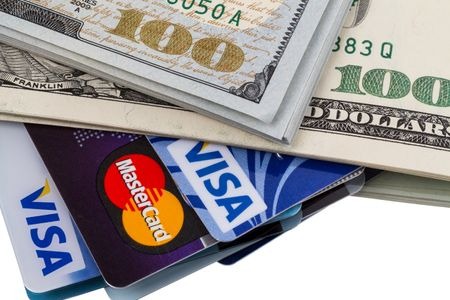Travel overseas can be a thrilling experience, but changing exchange rates and sneaky fees can transform your dream holiday into a money headache. With the currencies in the world getting volatile, following are some useful and actionable tips to help you travel wisely and save money.
Key Highlights
1.Prepay Major Expenses
-
Lock exchange rates on flights, hotels, and tours by prepaying with your local currency. This protects you against future exchange rate fluctuations and provides you with peace of mind on your holiday.
2.Right Payment Mix
Employ a mix of forex cards, local currencies, and credit cards:
-
Forex Cards: Best for developed nations with high card penetration. They provide fixed rates of exchange and low transaction charges.
-
Local Currency: For cash-intensive places such as areas in Asia or South America. Keep small bills handy for tipping and incidental expenses.
-
Credit Cards: Save for major expenses such as hotels or automobile rentals to prevent having too much cash.
3.Skip Airport Currency Exchanges
-
Airport bureaus tend to have outrageous fees (up to 14-17% above market rates). Exchange money at banks or authorized dealers ahead of time for better exchange rates.
4.Track Exchange Rates
-
Monitor currency fluctuations well ahead of your travel plans. Utilize applications or software that offer real-time data to determine the best time to exchange currency.
5.Be Aware of Dynamic Currency Conversion (DCC)
-
Always have payments made in the local currency if given the choice. DCC transactions are typically accompanied by poor exchange rates and additional charges.
6.Consider Cost-Savvy Destinations
If your local currency is not strong compared to major currencies such as the US dollar or Euro, look for places where it is stronger. For example:
-
The Australian dollar has recently appreciated against the Argentinian peso and Turkish lira, so these destinations are now cheaper.
-
Look into new travel trends where your currency goes further.
7.Plan for Extended Stays
For expats, students, or professionals abroad:
-
Budget for regular expenses such as tuition or rent in foreign currency.
-
Hedge against your home currency depreciation to reduce losses in the long run.
8.Load Multi-Currency Forex Cards
-
Prepaid cards enable you to load various currencies, which gives you flexibility in different nations without paying extra conversion charges.
9.Study Local Payment Habits
Know if your destination is a cash or card economy:
-
In cash-heavy economies, carry sufficient local currency.
-
In card economies, make contactless payments for convenience and security.
10.Inform Your Bank
-
Inform your bank about your travel plans to prevent automated blocks on your cards due to foreign transactions.
11.Compare Exchange Rates
-
Shop around before exchanging money. Compare rates from at least three vendors to secure the best deal while avoiding unauthorized services.
12.Have a Backup Plan
-
Carry an emergency credit card or extra cash in case of unexpected expenses or lost cards.
13.Leverage Travel Insurance
-
Choose travel insurance that protects against currency-related risks, like theft or loss in transit.
Pro Tips for Smooth Transactions
-
Keep receipts of currency exchanges on hand for reference or refunds.
-
Withdraw cash from ATMs associated with large banks overseas to keep withdrawal fees to a minimum.
-
Steer clear of high-denomination bills that might not be accepted everywhere.
Final Thoughts
Currency problems need not spoil your holiday experience if you prepare ahead of time and take smart decisions. By embracing these tactics, you can be cost-effective, minimize stress, and concentrate on making memories that last a lifetime while on your global travels.
Sources: Mathrubhumi Lifestyle, The West Australian, NerdWallet
